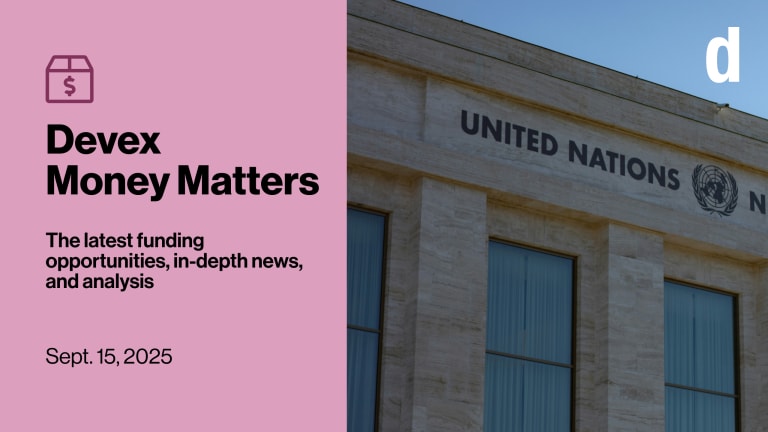
The U.S. government’s budget will suffer painful cuts come March 1, with Democrats and Republicans not seeing eye to eye on a plan to avert sequestration.
Republicans remain opposed to the Democrats’ tax proposal. Let sequestration take effect but give President Barack Obama a few more weeks to submit an alternative spending reduction plan that does not increase taxes.
But hopes of a deal a day before the sequester takes effect are dimming. And government agencies are already preparing for cuts.
The U.S. Agency for International Development, for instance, has begun phasing out small programs “where we cannot show development results,” Deputy Administrator Don Steinberg told Devex in August.
Washington-based aid groups have also started scaling back on recruitment. Some of them have cut back on new projects.
Sequestration would introduce nearly $2.6 billion cuts to both the State Department and USAID, according to a report issued early this month by Democrats on the House Appropriations Committee.
Foreign aid will lose up to $1.8 billion, including more than $400 million for global health, $152.4 million for humanitarian assistance and $70 million for food aid.
Americans have mixed opinions on the impending cuts, as can be deduced from a recent poll on U.S. spending. Implementers that rely on U.S. funding, meanwhile, may be forced to diversify.
In last-minute efforts to avert deep cuts, Obama will meet with congressional leaders Friday to try to arrive at a solution or compromise. There’s talk however that Congress may modify the sequester package to keep the government from shutting down. The current continuing resolution is set to expire March 27, yet another fiscal deadline worth watching.
Read our previous Development Buzz and more development aid news online, and subscribe to The Development Newswire to receive top international development headlines from the world’s leading donors, news sources and opinion leaders — emailed to you FREE every business day.








